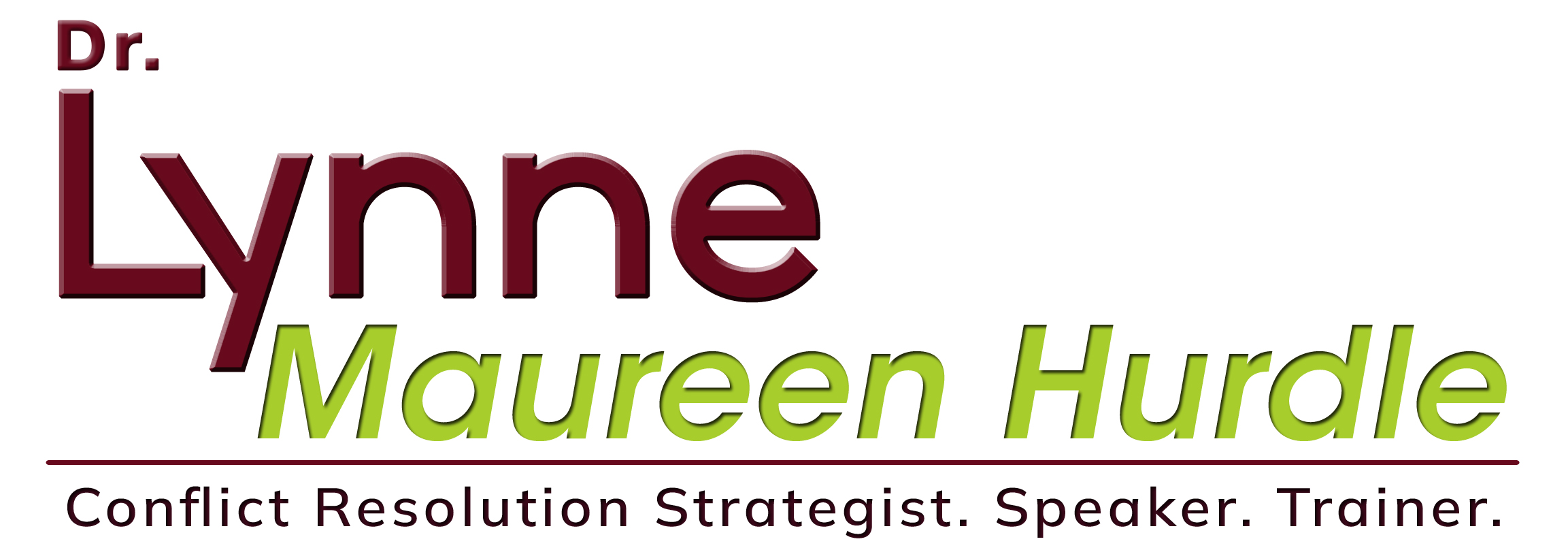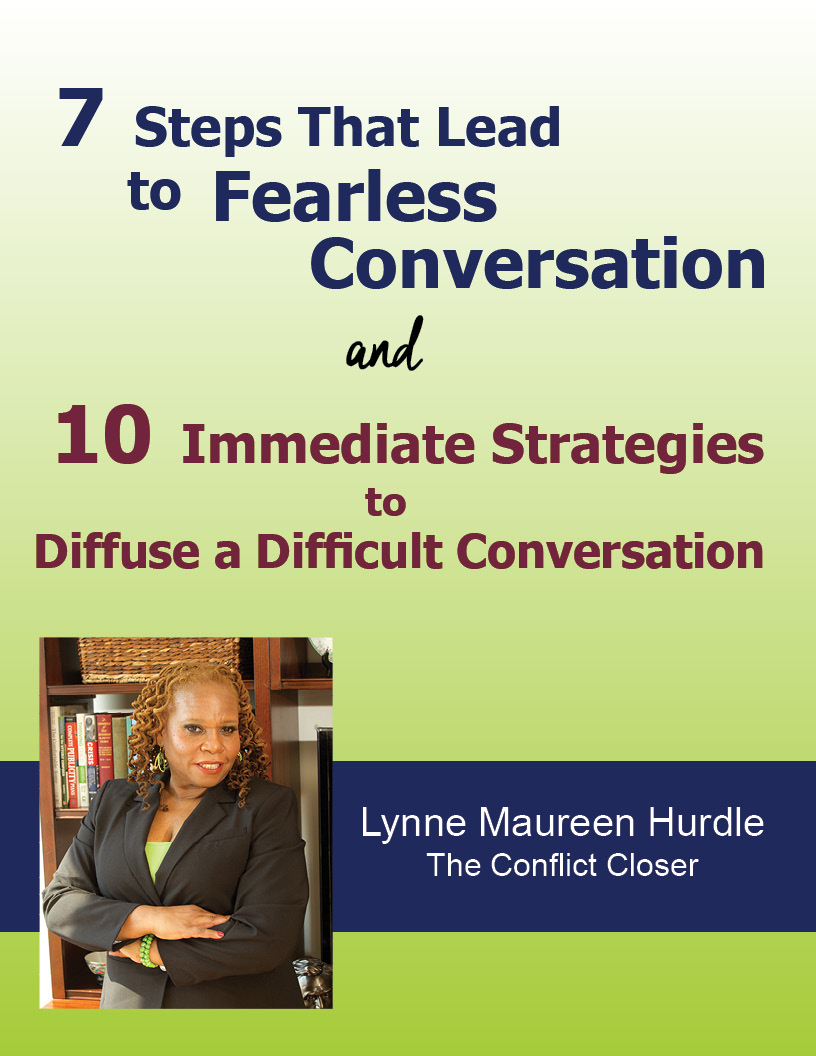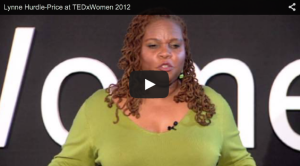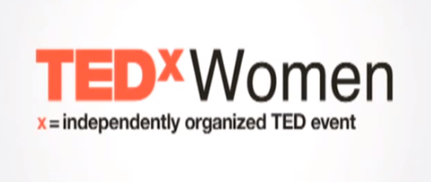In my last article, I talked about Conflict as a Construct, meaning we don’t go into any conflict clean. Instead, we carry our conflict stories — the stories about how we were first introduced to conflict and all of the unresolved conflicts that we still harbor feelings for.
So many of us have had negative experiences with conflict. It’s time to discover those stories, something I call “the roots of conflict” in our lives, which helped form the construct. We have to work hard in order to bring them to the surface. We then have to examine them and develop an awareness of how they affect us during conflict situations.
This work begins with asking ourselves a set of questions that are meant to help us develop an awareness of the presence of this negative construct.
- How did the people who raised you handle conflict? (For some of us, that may be multiple people and/or places).
- What did that teach you about conflict?
- How did it/does it show up when conflicts arise?
The importance of answering these questions goes well beyond searching yourself for the answers. Just getting in touch with this information can begin to change the way you look at the conflicts in your life.
Just so we are clear…
Conflict is any opportunity to engage in a conversation with someone who disagrees with you (including yourself).
It doesn’t have to be a difficult experience or an unpleasant one, but often the way we view it already sets it up to be just that. This is why we need to examine the construct.
Just recently, I was working in a company and two team members got into a disagreement.
Right now, stop and ask yourself…
What did you think of or envision when you read the word disagreement? Did you see angry faces or imagine raised voices or anything that you consider unpleasant? If you did, then you have tapped into that negative conflict construct. The disagreement these two were involved in concerned the interpretation of the words “the ideal person needs to exhibit leadership potential.” One of them expressed that the sentence was self-explanatory while the other didn’t think so at all. The need to get this resolved was somewhat pressing since the document they were preparing needed to be emailed to their manager by the next morning.
The person who felt it was self-explanatory was really digging in his heels and not really listening to the other person’s explanation. “I don’t understand why you are making this so difficult. I hate conflict,” he said. The other person’s response was “I am just trying to have a conversation about this. Why is that making things difficult?”
There was no yelling or raised voices, but one person was clearly uncomfortable while the other one was trying to have the conversation. It seemed clear to me that one of these people had a very negative view of conflict and my guess would be that if I were to talk with him, he would reveal a construct of conflict very similar to most people’s. You can see how that construct was clearly getting in the way of the business at hand.
This person could have benefitted from exploring the three questions I have laid out here.
What about you?
Are you ready to explore your conflict roots and understand how they have been constructing your view of conflict? Let me know what you learn about yourself and conflict.
Next time, we’ll explore three questions to start to deconstruct the construct.
I am honoring Dr. Martin Luther King Jr. by encouraging you to read his powerful letter from the Birmingham jail. His pain and honesty should compel us all to work hard at finding better ways to address the huge conflicts that still exist today by starting with ourselves.
If you are a leader with a team, it’s time to take advantage of my new year offer. For the first time, I am offering my Leadership Assessment Quiz for free. If you are having conflicts with or within your team, then it’s time you find out what’s really going on. Click Here to get started.





